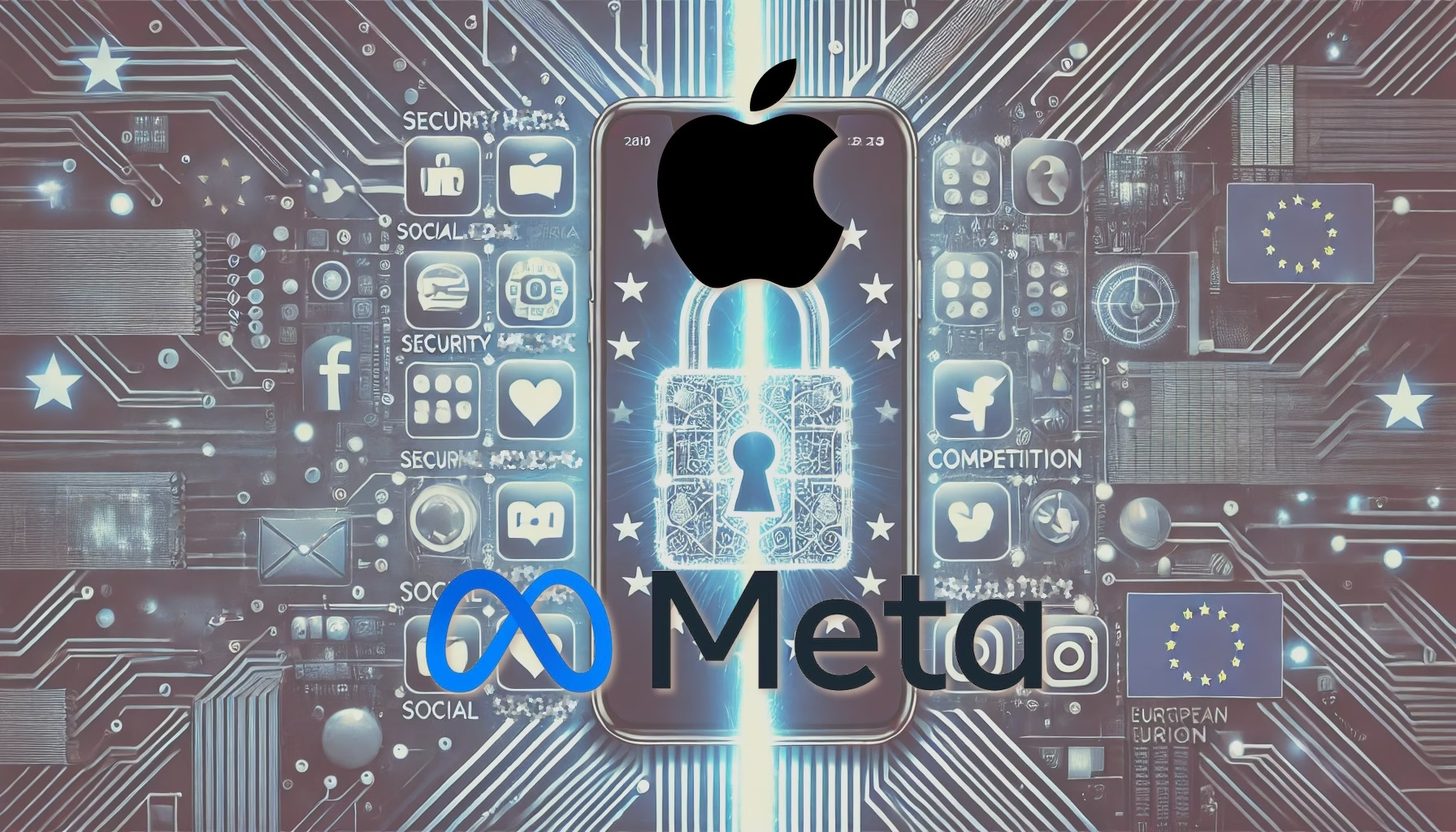Apple (AAPL.O) pushed back against Meta Platforms (META.O) on Wednesday, citing concerns that the latter’s repeated requests for access to Apple’s software tools could compromise user privacy and security. This underscores the growing rivalry between the two tech giants.
Under the European Union’s Digital Markets Act (DMA), which took effect last year, Apple is required to allow competitors and app developers to interoperate with its services. Non-compliance could lead to fines of up to 10% of Apple’s global annual turnover.
According to a recent Apple report, Meta has submitted 15 interoperability requests — more than any other company — for extensive access to Apple’s technology.
Apple expressed concern that many of Meta’s requests could alter core functionality and threaten user privacy, going beyond the requirements for Meta’s devices like Meta Quest VR headsets and smart glasses.
“If Apple were to grant these requests, Meta could potentially access users’ messages, emails, call history, app usage, photos, files, calendar events, and even passwords,” Apple stated. The company also pointed to Meta’s history of privacy violations in Europe as a reason for caution.
Meta responded, accusing Apple of resisting interoperability. “Every time Apple is called out for its anticompetitive behavior, they defend themselves on privacy grounds that have no basis in reality,” a Meta spokesperson said.
Meanwhile, the European Commission outlined its preliminary findings on Apple’s compliance with the DMA. The Commission proposed measures to ensure Apple provides clear guidelines, deadlines, and criteria for evaluating developers’ interoperability requests. These measures include:
- Regular updates and feedback mechanisms for developers.
- An impartial dispute resolution process to address technical disagreements.
- Requirements for interoperability with all iOS notifications functionalities, including those on Apple Watch, Apple Vision Pro, and future Apple devices.
Feedback on these proposals can be submitted until January 9, with a final decision expected in March 2025.
The outcome could significantly impact Apple’s policies and the competitive landscape for tech giants in the 27-country EU bloc.



